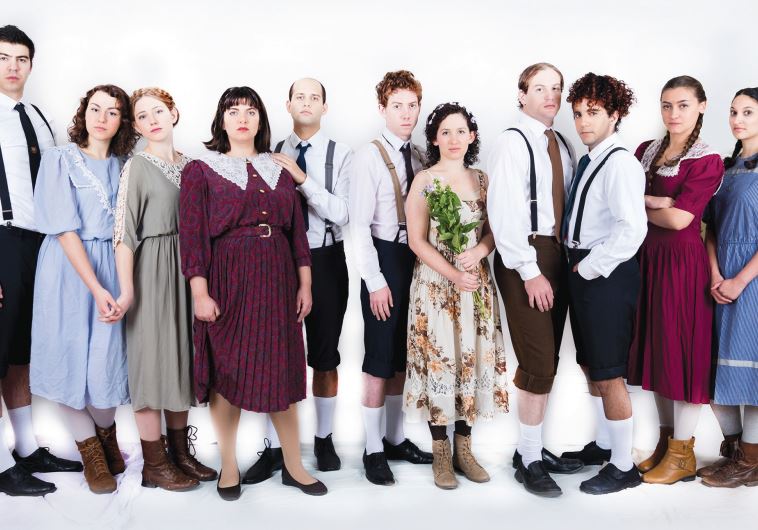Sounds of Spring
Jerusalem-based Starcatcher Theater Company brings the Tony Award-winning rock musical ‘Spring Awakening’ to the Holy City.
 THE CAST of Starcatcher Theater Company’s production of ‘Spring Awakening.’(photo credit: ITA ARBIT)ByARIEL DOMINIQUE HENDELMANUpdated:
THE CAST of Starcatcher Theater Company’s production of ‘Spring Awakening.’(photo credit: ITA ARBIT)ByARIEL DOMINIQUE HENDELMANUpdated: